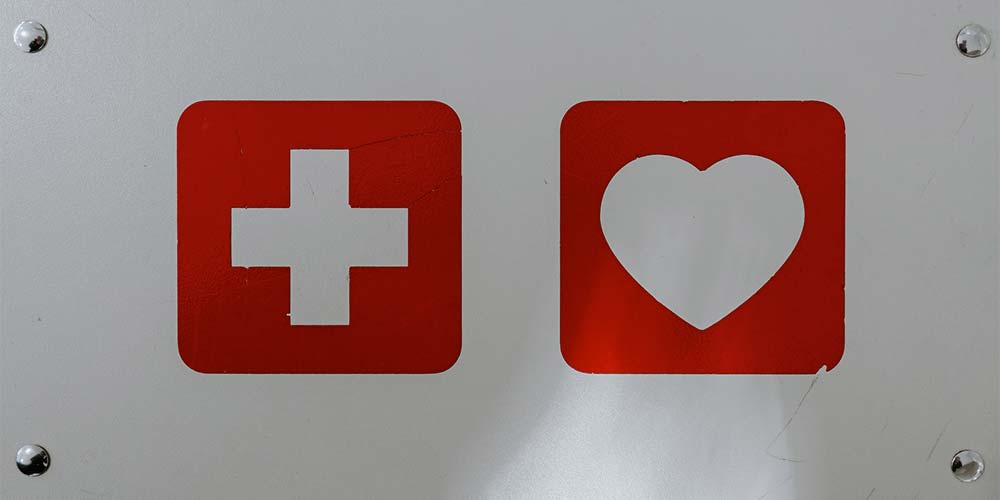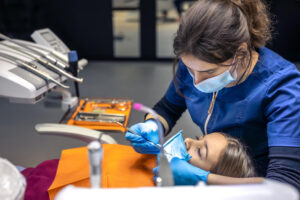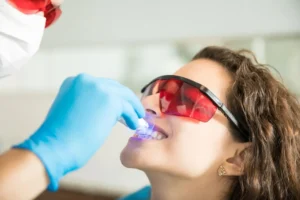If you have a tooth knocked out or have a severe toothache, seeing a dentist in an emergency is a no brainer. For less severe symptoms, you may be tempted to stick it out or pop a pill to take the edge off. However, leaving a dental problem unresolved may mean it comes back, often with reinforcements! This can result in a more painful, complex and costly problem to fix.
The Australian Dental Association recommends people visit a dentist every 6 months. For many reasons people simply don’t follow this advice. Often it is an emergency situation which drives people to dial a dentist. Yet, it is this regular check-up which can help to avoid many emergency scenarios to arise.
We’ve compiled what you should consider as a dental emergency. For these conditions you should see us as soon as physically possible to minimise further damage to your teeth, oral health and overall well-being.
1. Tooth Knocked Out
Again, a no brainer. If you have your tooth knocked out completely, either from playing sport, accident or severe trauma follow these steps:
- Locate the dislodged tooth and pick it up by the crown. DO NOT touch the root.
- If possible, rinse the tooth gently with milk, DO NOT use water.
- Try to place the tooth back in the gum socket using light pressure. If the tooth can’t be re-inserted into the gum, place the tooth in milk or in your own saliva and wrap it in plastic wrap.
- Contact us immediately to have the situation assessed to ensure the tooth can be saved.
Most dislodged teeth, if treated correctly, can survive but every minute counts, so act quickly!
2. Tooth Abscess
A tooth abscess is a potentially life-threatening situation. An abscess is pus pocket located either inside or around your tooth caused by an underlying infection. Symptoms involve a sudden severe pain that gets progressively worse. Pain can also spread to the ear, jaw or neck and may get worse as you lie down.
An abscess may also rupture causing immediate pain relief (and leave a bad taste in your mouth). However, any signs of an abscess or ruptured should be seen by a dentist immediately to prevent further pain and damage to the tooth or gums. Pain killers and a warm salt rinse may provide some temporary relief while you are on route to the dentist.
3. Broken, Cracked or Chipped Tooth
If you have broken, chipped or cracked a tooth, including a dislodged filling or crown is a dental emergency that needs immediate treatment. The longer you leave it the less chance there is of saving the tooth resulting in a more expensive procedure and a greater chance that a more serious and life-threatening infection could develop.
Depending on the extent of the damage the tooth may require a root canal a dental crown or, in more serious cases, the tooth may need to be removed completely and a dental bridge or dental implant inserted.
4. Impacted Wisdom Teeth
Wisdom teeth pose an ongoing problem to many people. Pain can come and go as wisdom teeth attempt to naturally ‘erupt’ through the gums which can occur from 17 years of age. Impacted wisdom teeth mean that wisdom teeth have failed to erupt properly, and likely never will, which risk becoming infected or damaging surrounding teeth.
A dentist can use an x-ray to determine if your wisdom teeth are impacted before they become a problem. If necessary, they can arrange for these to be removed. Knowing the state of your wisdom teeth is important to avoid one of the more common forms of toothache that might end up in an emergency dental situation.
5. Bleeding Gums
Do you notice any blood when you brush your teeth? Bleeding gums (often with no pain) is a sign of gum disease or chronic periodontis. This can be associated with swelling of the gums, ongoing bad breath and signs of receding gums. Receding gums is the beginning of bone loss in the jaw where teeth begin to become loose and eventually fall out.
Bleeding gums is an early sign of a long-term dental emergency. Reversing the progress of receding gums is difficult. Getting on top of this early is essential. A dentist can ensure your teeth are properly cleaned by removing plaque and tartar build up which cannot be removed with a conventional toothbrush.
You can minimise the chances of a dental emergency for all but the most extreme cases. By having a regular check-up, any signs of progressive issues can be resolved before they reach crisis point. For those always urgent cases it’s good to know what to do before getting to the dentist so your teeth can be saved.
Dr Finkelstein Dentist know how urgent dental emergencies can be. Contact us immediately on 02 9262 7778. We will talk you through your issue over the phone and arrange for you to get into our clinic as soon as possible. We can treat almost all issues on-site addressing the short-term pain while also considering your long-term oral health.








